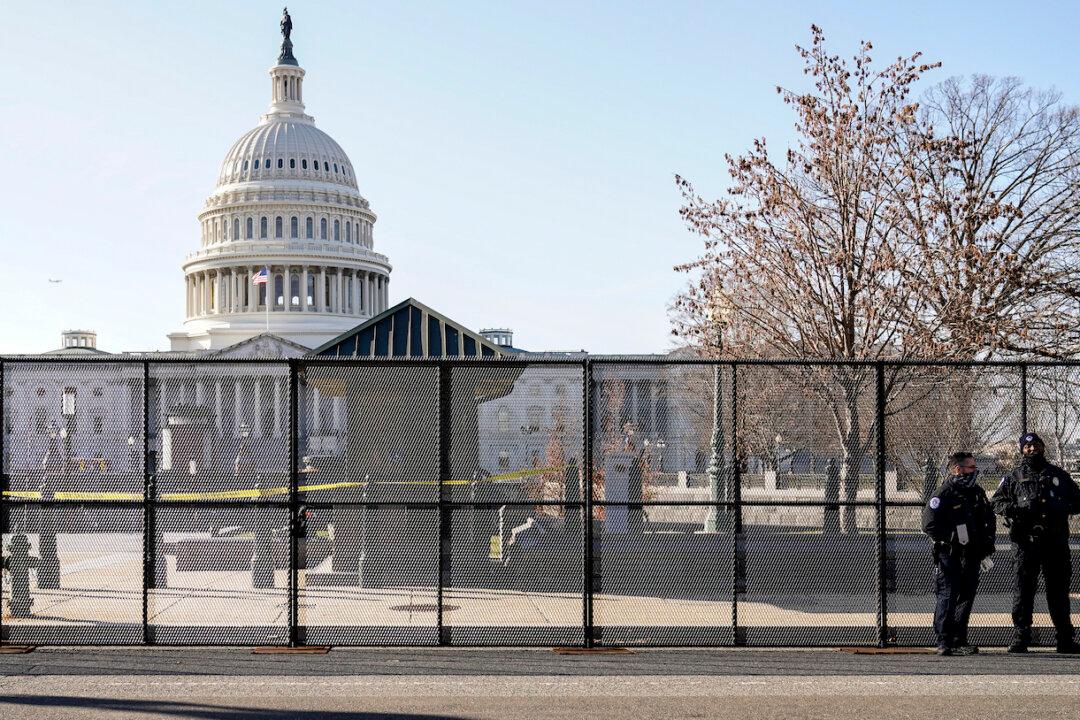Attorneys defending suspects who have been charged with offenses related to the Jan. 6 U.S. Capitol breach are receiving crime scene tours of the building in May and June.
Assistant U.S. Attorney Emory Cole made the disclosure in a court filing (pdf) in late April in a case for one of the defendants. The letter states that the U.S. Capitol Police have arranged five crime scene tours of the Capitol beginning on May 3, with the last tour scheduled for June 4.




